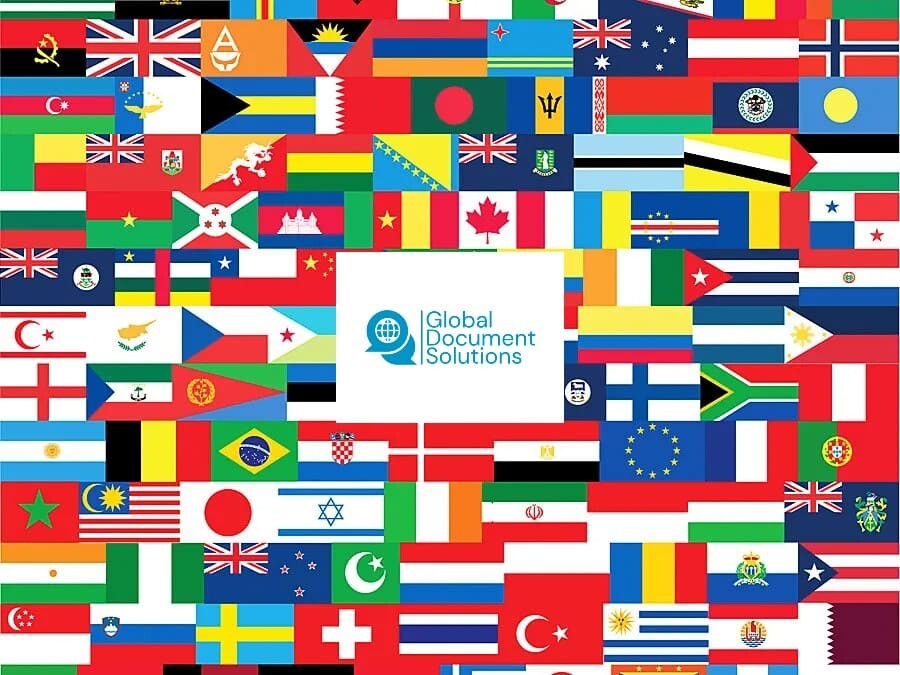
"Making Sense of Authentication and Legalization Services for Your Documents"
When it comes to presenting official documents in a foreign country, you may be asked to provide authentication and legalization services to verify their authenticity and legality. The process can seem confusing and overwhelming, but it's important to understand what it entails and how it protects your interests abroad. In this blog, we'll take a closer look at the key terms and services you should know about.
Apostille: An apostille is a special type of authentication that is recognized by countries that are signatories to the Hague Convention of 1961. An apostille certifies the authenticity of a document's signature, seal, or stamp, and is typically issued by the relevant state agency, such as the Secretary of State's office in the United States. An apostille is a quick and cost-effective way to legalize your documents for use in foreign countries that are part of the Hague Convention. It's important to note that Canada has not signed the Hague Convention so it does not use Apostille certificates instead using the older Authentication and Legalization process.
Embassy legalization and Consular legalization: If the country you're traveling to is not part of the Hague Convention like Canada, you may need to get your documents legalized by the embassy or consulate of that country. This usually involves submitting your original documents, along with a fee and any required forms, to the embassy or consulate for authentication. Embassy and consular legalization services can take longer and cost more than obtaining an apostille, but they are still necessary for some countries.
Document authentication: This term refers to the process of verifying the authenticity of a document, such as a birth certificate, diploma, or power of attorney. This involves getting it authenticated by the Foreign Affairs Department or Provincial Authentication Office.
Notarization: A notarization is a certification by a notary public that a signature on a document is genuine and the signer was acting voluntarily and with full knowledge of the document's contents. Notarization is often required for legal documents, such as wills, real estate transactions, and power of attorney forms.
Certificate of authenticity: A certificate of authenticity is a document that confirms the legitimacy of an original document, such as a diploma or a work of art. A certificate of authenticity can be issued by the issuing agency or by an independent third party, such as a professional appraiser or expert witness.
Signature verification: Signature verification is the process of checking the validity of a signature on a document, either by comparing it to a known sample or by using a digital signature verification tool. Signature verification is important for protecting against fraud and ensuring that the signer is who they claim to be.
Official recognition: Official recognition refers to the acceptance and validation of a document or signature by a government agency, embassy, or other authorized entity. This can involve obtaining an apostille, embassy/consular legalization, or notarization, and may be required for various legal or business purposes.
Government stamp: A government stamp is a physical mark or seal affixed to a document by a government agency to indicate that it has been reviewed and approved. A government stamp can serve as evidence of the document's authenticity and may be required for certain legal or regulatory purposes.
Foreign affairs validation: Foreign affairs validation refers to the process of having a document recognized and approved by a foreign government or its authorized agency. This may involve obtaining authentication, apostille, embassy/consular legalization, or other form of official recognition, and may be required for various legal or business purposes.
In conclusion, understanding the various terms and services associated with authentication and legalization services is essential for anyone who needs to use official documents abroad. Whether you're traveling for work, studying, or simply relocating, taking the time to get your documents in order can help ensure a smooth and stress-free experience

